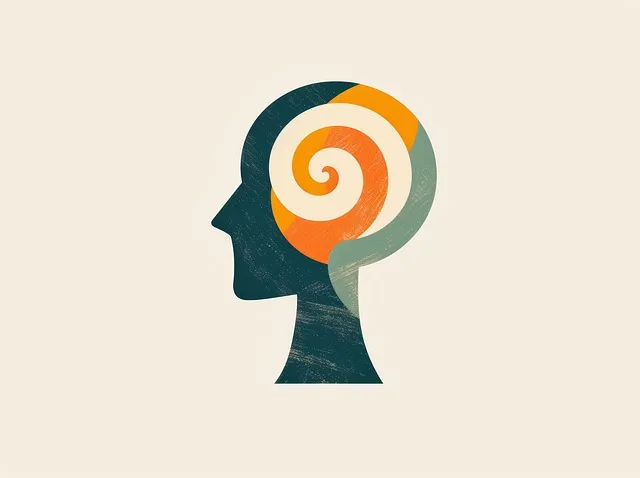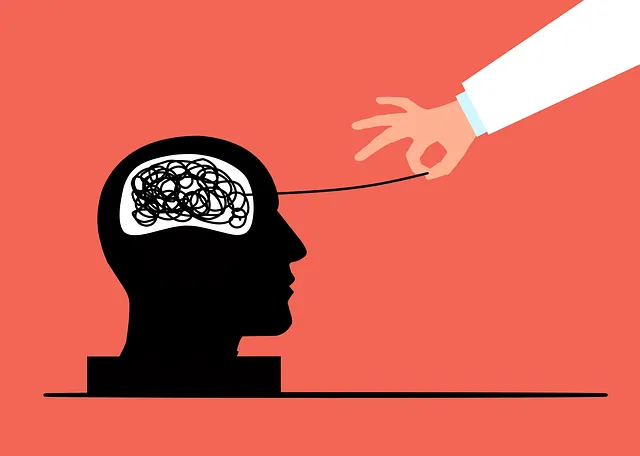Superior Kaiser Permanente mental health prioritizes risk assessment for patient safety and positive wellness. Through evaluating historical and environmental factors, personalized interventions are created to prevent adverse outcomes. Emotional intelligence and continuous monitoring equip patients with tools for challenge navigation, while burnout prevention is key for provider well-being. Harm minimization strategies, like Coping Skills Development and Mental Wellness Journaling, empower patients in their recovery. Kaiser Permanente's comprehensive safety plan, free from stigma, aligns with research, offering tailored interventions and initiatives for diverse patient needs.
“In the realm of mental health, risk assessment and harm minimization planning are paramount for ensuring patient safety and well-being. This comprehensive guide delves into the critical components of these strategies within the context of Superior Kaiser Permanente mental health services. We explore foundational concepts like understanding risk assessment and identifying vulnerabilities, alongside practical approaches to developing and implementing effective minimization plans. By examining real-world examples from Kaiser Permanente, we offer insights into optimizing safety protocols for optimal patient outcomes.”
- Understanding Risk Assessment in Mental Health
- Identifying Potential Harms and Vulnerabilities
- Developing Effective Minimization Strategies
- Implementing and Monitoring Safety Plans at Kaiser Permanente
Understanding Risk Assessment in Mental Health

Risk assessment is a cornerstone in mental health care, enabling professionals to anticipate and mitigate potential harms. It involves a comprehensive evaluation of an individual’s current state, historical factors, and environmental influences to predict and prevent adverse outcomes. At Kaiser Permanente, our superior mental health services prioritize this process as a key strategy for ensuring patient safety and fostering positive mental wellness.
This methodical approach not only identifies risks but also guides the development of tailored interventions and treatment plans. By integrating concepts like emotional intelligence into these assessments, we empower individuals with the skills to navigate challenges more effectively. Moreover, continuous monitoring and periodic re-evaluation ensure that our Mental Wellness Coaching Programs Development remain responsive to changing circumstances, thereby promoting sustained mental wellness for all our patients.
Identifying Potential Harms and Vulnerabilities

Identifying potential harms and vulnerabilities is a crucial step in risk assessment for mental health professionals. At Kaiser Permanente, superior mental health services are prioritized, with a focus on both patient safety and provider well-being. This involves recognizing not only the risks inherent in therapeutic interactions but also the unique challenges faced by each individual professional. Burnout prevention is a key consideration, as it can significantly impact mental wellness and ultimately affect patient care.
Effective risk management planning requires a thorough understanding of these vulnerabilities. Mental health professionals should assess their own emotional resilience, work-life balance, and access to support systems. By addressing these factors proactively, practitioners can mitigate potential harms and ensure they are equipped to deliver the highest quality care. This proactive approach is essential in creating a sustainable and healthy work environment for both providers and the patients they serve.
Developing Effective Minimization Strategies

Developing effective harm minimization strategies is a key component of risk assessment, particularly in mental health settings like Superior Kaiser Permanente. These strategies should be tailored to address individual needs, drawing on evidence-based practices. Coping Skills Development and Inner Strength Development are powerful tools that can equip individuals with the resilience to navigate challenging situations. Mental Wellness Journaling Exercises provide guidance for self-reflection and tracking one’s emotional state, fostering a deeper understanding of personal triggers and coping mechanisms.
By integrating these strategies into care plans, mental health professionals can empower patients to take an active role in their recovery. Regular practice of these techniques not only enhances overall Mental Wellness but also serves as a proactive measure to mitigate risks before they escalate. This holistic approach, centered around Coping Skills Development, ensures that individuals build Inner Strength, enabling them to lead fulfilling lives and manage potential harm effectively.
Implementing and Monitoring Safety Plans at Kaiser Permanente

At Kaiser Permanente, implementing and monitoring safety plans is a cornerstone of their superior mental health services. The organization prioritizes creating a supportive environment where individuals with mental illness can receive care without fear of stigma or discrimination. Their comprehensive approach involves tailored interventions for diverse patient populations, focusing on both acute crises and long-term recovery.
Through regular reviews and updates, Kaiser Permanente ensures that safety plans align with the latest research and best practices in mental health. This includes integrating Mental Illness Stigma Reduction Efforts and Public Awareness Campaigns Development to foster a culture of understanding and support. By promoting Resilience Building initiatives, the organization equips patients with the tools needed to navigate challenges effectively, emphasizing continuous improvement and patient-centered care.
Risk assessment and harm minimization planning are essential components of providing superior Kaiser Permanente mental health care. By understanding risk factors, identifying potential harms, and developing effective strategies, healthcare professionals can proactively ensure patient safety. Implementing and monitoring safety plans, as demonstrated at Kaiser Permanente, allows for continuous improvement and enhances the quality of care delivered to patients facing mental health challenges.






